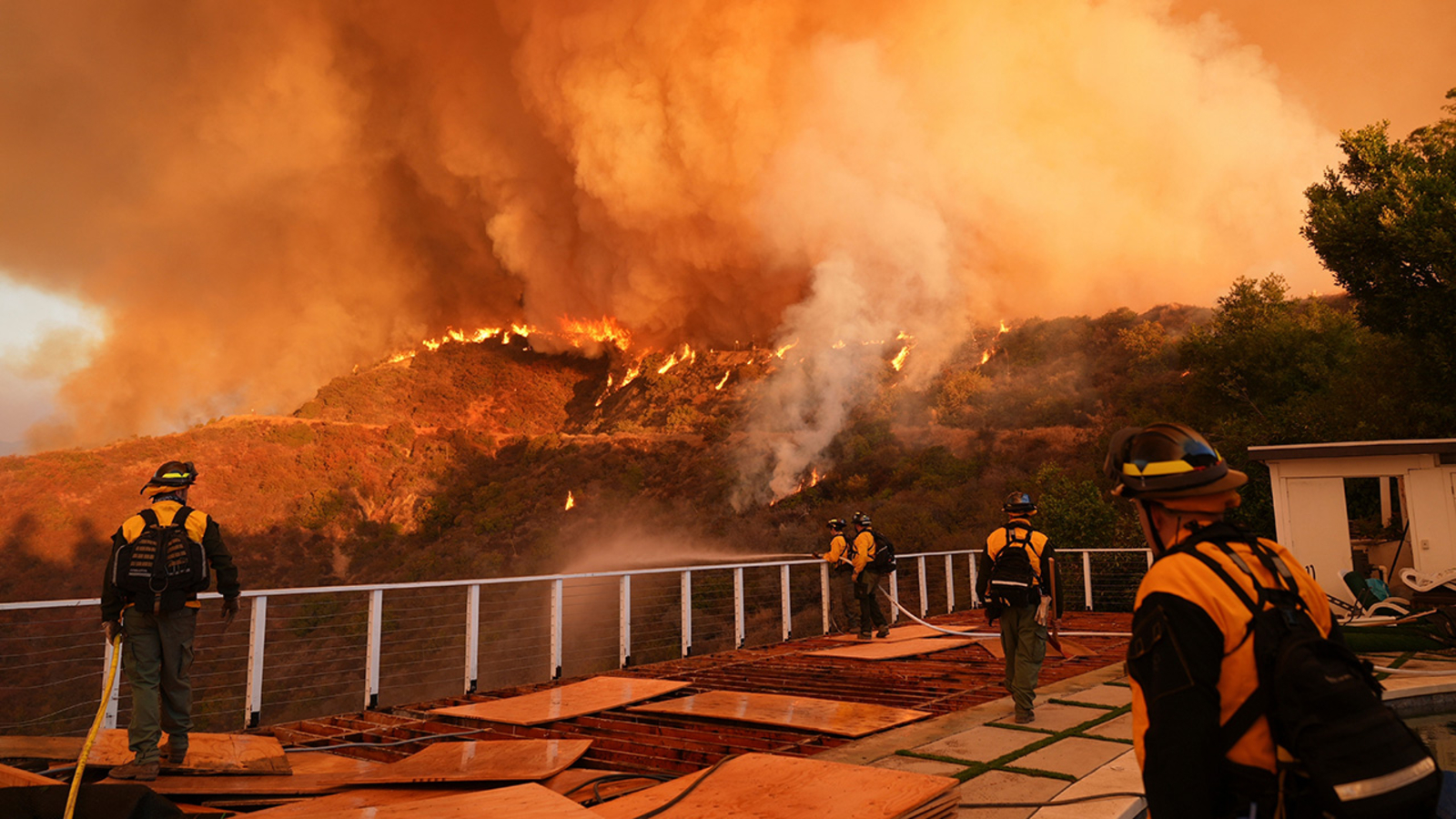UPDATE: New research has just confirmed alarming health risks for Southern California firefighters who bravely battled the devastating fires in Los Angeles this past January. As they fought to protect lives and homes, these frontline heroes inhaled hazardous smoke, raising serious concerns about long-term health impacts.
Dr. Jeff Burgess, a professor at the University of Arizona and director of the Fire Fighter Cancer Cohort Study, reported that blood samples from 42 firefighters across the Los Angeles Fire Department, Oxnard Fire Department, and Orange County Fire Authority showed significant changes after exposure to thick, dark smoke. These samples were collected before the fires and re-evaluated approximately one week post-incident.
Burgess discovered alterations in a specific group of blood proteins that could jeopardize the firefighters’ immune systems, potentially leading to inflammation. “I am always concerned when we find something that could pose an increased risk to firefighters,” Burgess stated during an interview with 7 On Your Side Investigates.
The implications are dire. Burgess plans to apply for funding to conduct follow-up tests on these same firefighters one year after the fires to determine if the protein changes persist. If they do, it signals a greater risk of cancer for these brave individuals. “It doesn’t mean that these firefighters are going to get cancer, it means that they could potentially have a higher risk for that after these exposures,” he explained.
But the health concerns don’t stop there. Burgess raised another critical question: What does this mean for the general public who also inhaled the smoke? While he confirmed that it poses health risks for everyone, he emphasized that firefighters are exposed to significantly higher levels of smoke, increasing their vulnerability.
This urgent research sheds light on the invisible dangers faced by those who protect our communities. As the study unfolds, the fire service and health officials are left grappling with the potential long-term consequences of smoke exposure.
As communities reflect on the heroic efforts of firefighters, this study serves as a stark reminder of the sacrifices they make and the health battles they may face long after the flames have been extinguished.
Stay tuned for further updates as this critical research progresses and as we learn more about the implications for both firefighters and the communities they serve.
